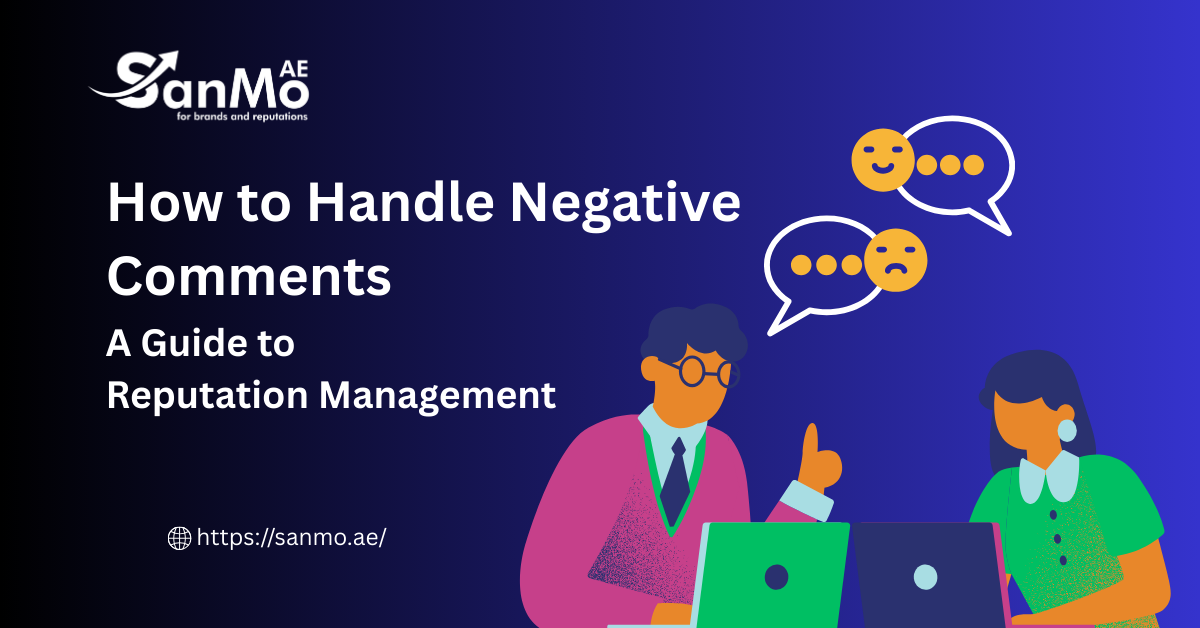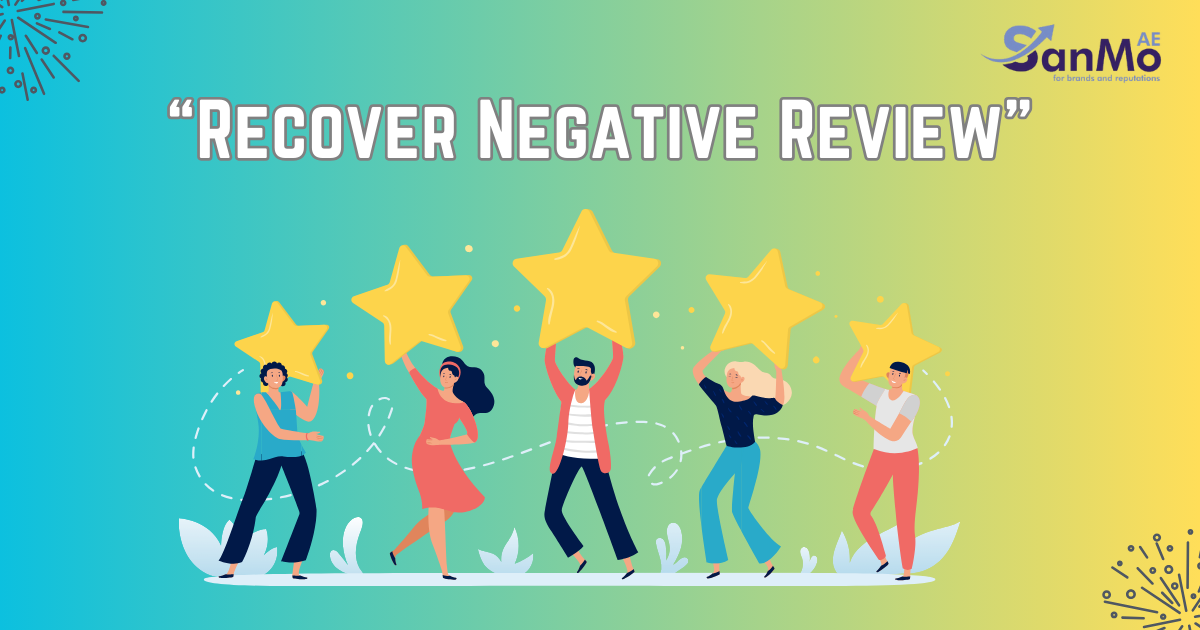Every business faces moments when everything seems to go wrong. A data breach exposes customer information. A natural disaster shuts down operations. A viral social media post damages your reputation overnight. These situations can make or break a company, depending on how well they’re handled.
Crisis management services have become essential for businesses of all sizes. They provide the expertise, resources, and strategic guidance needed to navigate turbulent times and emerge stronger. Rather than scrambling to respond when disaster strikes, smart companies partner with crisis management professionals who help them prepare, respond, and recover effectively.
The stakes have never been higher. A single misstep during a crisis can result in lost revenue, damaged reputation, legal consequences, and even business closure. Professional crisis management services offer the difference between surviving a crisis and thriving despite it.
Understanding Crisis Management Services
Crisis management services encompass a comprehensive approach to identifying, preparing for, responding to, and recovering from business disruptions. These services go far beyond basic emergency planning to provide strategic guidance, communication expertise, and operational support when organizations face their most challenging moments.
Professional crisis management providers bring together teams of specialists including communications experts, legal advisors, cybersecurity professionals, operations managers, and industry-specific consultants. This multidisciplinary approach ensures that all aspects of a crisis are addressed simultaneously and cohesively.
The scope of crisis management services typically includes threat assessment, crisis prevention planning, real-time response coordination, stakeholder communication, media relations, legal compliance, and post-crisis analysis. Companies like SanMo AE specialize in providing these comprehensive services, helping organizations build resilience and maintain continuity during difficult periods.
Types of Crises That Require Professional Management
Financial Crises
Economic downturns, cash flow problems, bankruptcy threats, and major financial losses can quickly spiral out of control without proper management. Professional crisis managers help organizations restructure operations, communicate with stakeholders, and develop recovery strategies that preserve long-term viability.
Cybersecurity Incidents
Data breaches, ransomware attacks, and other cybersecurity threats require immediate and coordinated responses. Crisis management services provide rapid incident response, legal compliance guidance, customer communication strategies, and system recovery support.
Natural Disasters
Earthquakes, floods, hurricanes, and other natural disasters can disrupt operations, damage facilities, and threaten employee safety. Crisis management professionals help organizations implement emergency protocols, maintain communication channels, and restore operations efficiently.
Reputation Management Crises
Negative publicity, social media backlash, product recalls, and ethical scandals can severely damage brand reputation. Professional crisis managers develop strategic communication plans, manage media relations, and implement reputation recovery initiatives.
Operational Disruptions
Supply chain failures, key personnel departures, technology failures, and regulatory violations can halt business operations. Crisis management services provide alternative solutions, temporary staffing, emergency protocols, and compliance guidance.
Public Health Emergencies
Pandemics, workplace accidents, and health-related incidents require specialized response protocols. Crisis managers coordinate with health authorities, implement safety measures, and maintain business continuity while prioritizing stakeholder well-being.
Core Components of Professional Crisis Management
Risk Assessment and Prevention
Effective crisis management begins long before any crisis occurs. Professional services conduct comprehensive risk assessments to identify potential threats and vulnerabilities specific to each organization. This process includes analyzing industry risks, operational weaknesses, regulatory requirements, and external factors that could impact business operations.
Prevention strategies developed from these assessments help organizations minimize the likelihood of crises occurring and reduce their potential impact. Regular risk reviews ensure that prevention measures remain current and effective as businesses evolve and face new challenges.
Crisis Response Planning
Detailed response plans provide step-by-step guidance for handling different types of crises. These plans include decision-making frameworks, communication protocols, resource allocation strategies, and recovery procedures tailored to each organization’s specific needs and circumstances.
Response plans also establish clear roles and responsibilities, ensuring that everyone knows their duties during a crisis. Regular training and simulation exercises help teams practice their responses and identify areas for improvement before real crises occur.
Communication Management
Clear, timely, and accurate communication is crucial during any crisis. Professional crisis management services develop comprehensive communication strategies that address all stakeholder groups including employees, customers, investors, regulators, media, and the general public.
Communication management includes message development, channel selection, timing coordination, and feedback monitoring. Crisis managers ensure that all communications remain consistent, transparent, and aligned with organizational values and legal requirements.
Stakeholder Relations
Maintaining positive relationships with key stakeholders becomes even more critical during crises. Professional crisis managers help organizations identify priority stakeholders, understand their concerns and needs, and develop targeted engagement strategies.
This includes managing relationships with employees who need reassurance and guidance, customers who require service continuity, suppliers who may be affected by operational changes, and investors who need accurate information about business impact and recovery plans.
Legal and Regulatory Compliance
Crises often involve complex legal and regulatory requirements that must be navigated carefully. Crisis management services include legal expertise to ensure compliance with notification requirements, documentation standards, investigation procedures, and other regulatory obligations.
This legal support helps organizations avoid additional complications and penalties while focusing on crisis resolution and recovery efforts.
Media Relations
Media coverage can significantly influence public perception during a crisis. Professional crisis managers handle media relations, including press releases, interviews, press conferences, and ongoing media monitoring.
Experienced crisis communicators understand how to frame messages effectively, respond to difficult questions, and maintain media relationships even during challenging situations. They also monitor media coverage and social media sentiment to adjust communication strategies as needed.
Benefits of Professional Crisis Management Services
Rapid Response Capabilities
Professional crisis management services provide immediate access to experienced teams who can respond quickly to emerging situations. This rapid response capability is crucial because the first hours and days of a crisis often determine the ultimate outcome.
Crisis management professionals bring proven methodologies, established resources, and tested procedures that enable faster and more effective responses than most organizations could achieve independently.
Objective External Perspective
During a crisis, internal teams may struggle with emotional reactions, conflicting priorities, and limited perspectives. External crisis management professionals provide objective analysis and strategic guidance free from internal politics and emotional attachments.
This outside perspective helps organizations make better decisions, consider alternative solutions, and maintain focus on long-term strategic objectives rather than just immediate problems.
Specialized Expertise
Crisis management requires diverse skills and knowledge that few organizations maintain internally. Professional services provide access to specialists in communications, legal affairs, cybersecurity, operations management, and other critical areas.
This specialized expertise ensures that all aspects of a crisis are handled by qualified professionals who understand industry best practices and regulatory requirements.
Resource Scalability
Crises often require resources and capabilities beyond normal organizational capacity. Professional crisis management services can quickly scale up resources including personnel, technology, facilities, and equipment to meet crisis demands.
This scalability allows organizations to maintain normal operations while simultaneously addressing crisis situations without overwhelming internal teams.
Cost Effectiveness
While crisis management services represent a significant investment, they typically cost far less than the potential losses from poorly managed crises. Professional management can minimize revenue losses, reduce legal liabilities, protect brand value, and accelerate recovery times.
The cost of prevention and professional response is usually a fraction of the cost of crisis-related damages, making professional services a sound financial investment for most organizations.
Selecting the Right Crisis Management Service Provider
Experience and Track Record
Look for providers with extensive experience managing crises similar to those your organization might face. Review case studies, client testimonials, and industry recognition to assess their track record of successful crisis management.
Experienced providers bring proven methodologies and lessons learned from previous crises that can be invaluable during high-pressure situations.
Industry Expertise
Different industries face unique risks and regulatory requirements. Select providers who understand your industry’s specific challenges, compliance obligations, and stakeholder expectations.
Industry expertise ensures that crisis management strategies are relevant, realistic, and aligned with sector best practices and standards.
Service Scope and Integration
Evaluate whether providers offer comprehensive services that address all aspects of crisis management or if you’ll need multiple vendors. Integrated service providers like SanMo AE can offer more coordinated and efficient crisis response.
Consider how well potential providers can integrate with your existing teams, systems, and processes to ensure seamless collaboration during crisis situations.
Geographic Coverage and Availability
Crises don’t follow business hours or geographic boundaries. Ensure that your crisis management provider offers 24/7 availability and can support your operations regardless of location.
Global organizations need providers with international capabilities and understanding of different regulatory environments and cultural considerations.
Technology and Resources
Modern crisis management relies heavily on technology for communication, coordination, monitoring, and documentation. Evaluate providers’ technology platforms, resource access, and ability to scale up quickly when needed.
Consider whether their technology integrates with your existing systems and meets your security and compliance requirements.
Implementing Crisis Management Services
Initial Assessment and Planning
Implementation begins with a comprehensive assessment of your organization’s current crisis preparedness, risk profile, and specific needs. This assessment forms the foundation for developing customized crisis management plans and procedures.
The planning phase includes establishing communication protocols, defining roles and responsibilities, creating decision-making frameworks, and developing specific response procedures for different crisis scenarios.
Team Training and Development
Effective crisis management requires that internal teams understand their roles and can execute plans efficiently. Professional services include training programs that prepare your staff to work effectively with crisis management professionals.
Training typically includes crisis communication, decision-making under pressure, coordination procedures, and specific technical skills needed for different crisis scenarios.
Testing and Refinement
Crisis management plans must be tested regularly through simulations, tabletop exercises, and other training activities. These tests identify weaknesses, validate procedures, and provide opportunities for improvement.
Regular testing also helps teams maintain readiness and confidence in their ability to respond effectively when real crises occur.
Ongoing Support and Monitoring
Crisis management is not a one-time activity but an ongoing process that requires regular attention and updates. Professional services include ongoing monitoring of risk factors, plan updates, refresher training, and continuous improvement initiatives.
This ongoing support ensures that crisis management capabilities remain current and effective as your organization and operating environment evolve.
Measuring Crisis Management Effectiveness
Response Time Metrics
Track how quickly your organization can detect, assess, and begin responding to different types of crises. Faster response times typically lead to better outcomes and lower overall impact.
Stakeholder Satisfaction
Monitor stakeholder feedback during and after crisis situations to assess communication effectiveness and relationship maintenance. High stakeholder satisfaction indicates effective crisis management.
Financial Impact Minimization
Measure the financial impact of crises compared to potential losses without professional management. Effective crisis management should demonstrably reduce financial losses.
Recovery Speed
Track how quickly your organization returns to normal operations after crisis situations. Faster recovery indicates more effective crisis management and business continuity planning.
Learning and Improvement
Assess how well your organization incorporates lessons learned from crisis situations into improved preparedness and response capabilities for future events.
Building Long-Term Crisis Resilience
Professional crisis management services provide more than just emergency response capabilities. They help organizations build long-term resilience that enables them to anticipate, prepare for, and adapt to an increasingly complex and unpredictable business environment.
This resilience becomes a competitive advantage, enabling organizations to maintain operations and serve customers even when competitors struggle with crisis situations. Companies that invest in comprehensive crisis management services demonstrate leadership, responsibility, and commitment to stakeholder protection.
The relationship with crisis management providers should evolve into a strategic partnership that supports not just crisis response but also risk management, business continuity planning, and organizational development. This partnership helps businesses become more agile, adaptive, and resilient over time.
Organizations that prioritize crisis management are better positioned to navigate uncertainty, protect stakeholder interests, and emerge from challenging situations stronger than before. Professional crisis management services provide the expertise, resources, and strategic guidance necessary to achieve these outcomes consistently.
While organizational crises often affect operations and brand perception, the personal image of executives is just as vulnerable. Explore our guide on personal reputation management to understand how leaders can safeguard their credibility when businesses face unexpected challenges.







